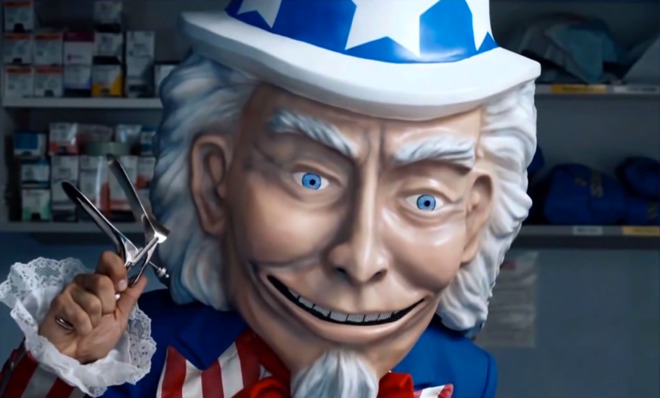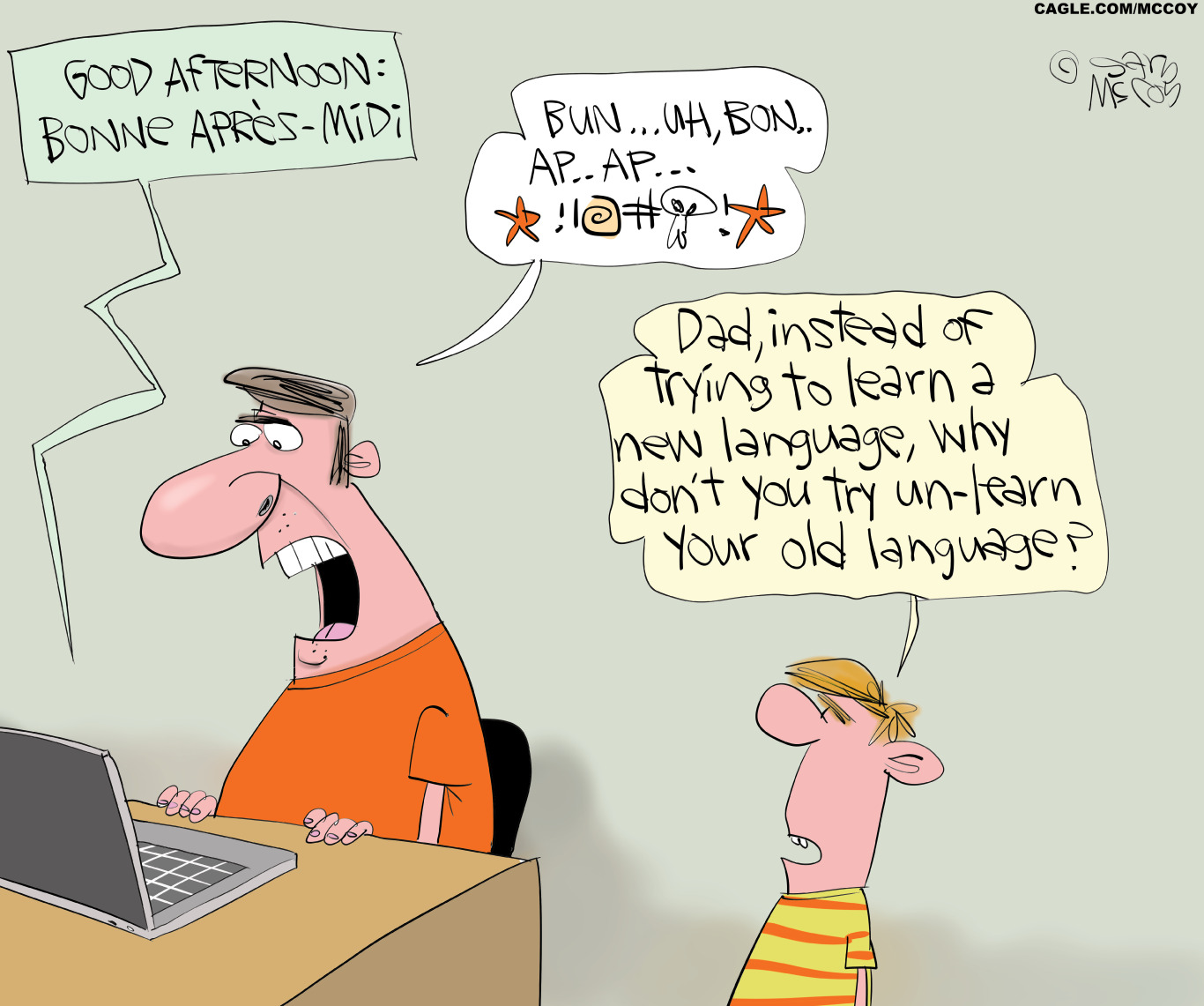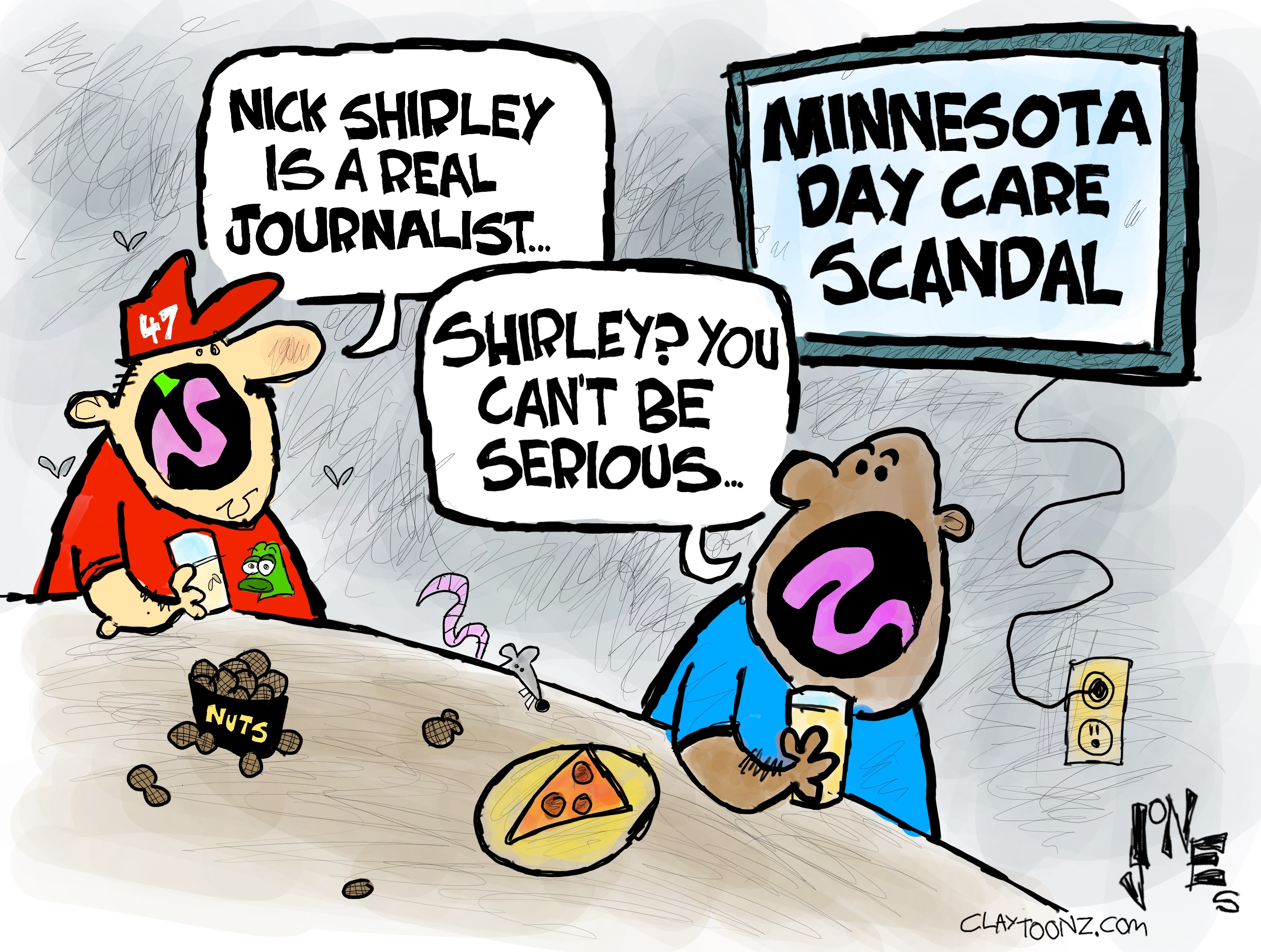Don't just blame Citizens United for the surge in political TV ads
There are a couple of factors at play


Recently on Political Wire's podcast, we spoke to Elizabeth Wilner of Kantar Media's Campaign Media Analysis Group on the flood of political advertisements that are already hitting the TV airwaves.
Here are five takeaways from the conversation:
1. Political advertising has increased and has started much earlier in the campaign season the past few cycles. In the past three election cycles, it seems as though the political advertising wave has begun earlier and earlier, and with far greater volumes of advertisements and expenditures. "Only going back to 2010 have we seen these volumes of advertising and amounts of money [spent]," Wilner said. The increase in advertising volume and spending, and the earlier start, are explained largely by outside group advertisers, which want to take early action to define and attack vulnerable incumbents, to catch the attention of voters before they totally tune out political ads, and to take advantage of lower advertising costs. Wilner said we can expect the volume of ads and spending on them to gradually increase after general-election season kicks into full gear.
The Week
Escape your echo chamber. Get the facts behind the news, plus analysis from multiple perspectives.

Sign up for The Week's Free Newsletters
From our morning news briefing to a weekly Good News Newsletter, get the best of The Week delivered directly to your inbox.
From our morning news briefing to a weekly Good News Newsletter, get the best of The Week delivered directly to your inbox.
2. The Citizens United decision is just one factor behind the early start. "A lot of the hype is true, but not all of it," Wilner said. It is true that the recent Supreme Court decision has opened the door to more spending on advertising by outside groups (and now McCutcheon will help party committees raise more money, which they can then use on advertisements). "But when you think about some of the biggest names we're familiar with in outside group TV advertising — Crossroads GPS, even the U.S. Chamber of Commerce — those organizations would exist without Citizens United," Wilner said. The Affordable Care Act, or ObamaCare, is another reason for the early advertising start, as conservative groups seek to bolster and leverage anger on the right and skepticism in the middle toward the health law. And the battle for Senate control has been a huge factor — and, perhaps counter-intuitively, this point even held true in 2012, Wilner said: "Most of the money you’d think coming in a presidential year is driven by presidential advertising."
3. Advertisers are making at least some progress on connecting their ads to their online and social media presences. Even as recently as the 2012 campaign season, very few political advertisements sought to tell the viewer how to find or connect with the makers online. Back in 2012, "I would have told you that I could probably count them on both hands." But in 2014, campaigns, parties, and groups are making more of an effort, she said. "We are now seeing many many more ads that include Twitter hashtags for candidates URLs for their websites, things that try to send people online," Wilner said. It's not an advertising revolution just yet. Campaigns have made major use of social media and other digital tools to target voters more efficiently and effectively. But when it comes to advertising, TV spots haven't done much more than including Twitter hashtags and URLs, Wilner said.
4. Outside groups are trying to soften the negativity in their ads. Political TV advertisements were notoriously negative in the 2012 campaign season. In particular, Wilner said, Mitt Romney's presidential campaign suffered from a dearth of positive advertising, and that may have hurt his chances of capturing the White House. "It does seem that those advertisers have learned a few things since and applied them to their advertising in 2014," she said. This time, outside groups are softening their harshness of their negative advertisements' tones. For example, recent advertisements criticizing ObamaCare feature Americans speaking on camera in a sympathetic tone on their fears about the health care law. People will be less turned off by those types of advertisements than they would by more conventional attack ads, she said. These ads, she added, seem like a conservative analog to liberal groups' 2012 ads on Bain Capital, Mitt Romney's one-time private-equity firm.
5. But don't expect the softened tone to last forever. As campaign season heats up and moves into the general-election phase later this summer, Wilner said, ads will not only become far more numerous. They also will likely become more and more negative. "It will be pretty much all negative from the summer into the fall, and that will be the case for the outside groups that have taken pains to do some positive advertising lately," she said. And by the time all is said and done, you can expect viewers to be sick of all the ads, as is the case in any election cycle. "I think things will pretty much be as usual in terms of sort of what people are seeing and how people get swamped with ads," Wilner said.
A free daily email with the biggest news stories of the day – and the best features from TheWeek.com
Listen to the whole conversation here:
Subscribe via iTunes or RSS to get episodes automatically downloaded.
Taegan D. Goddard is the founder of Political Wire, one of the earliest and most influential political websites. He also runs Wonk Wire and the Political Dictionary. Goddard spent more than a decade as managing director and COO of a prominent investment firm in New York City. Previously, he was a policy adviser to a U.S. senator and governor. Goddard is also co-author of You Won — Now What? (Scribner, 1998), a political management book hailed by prominent journalists and politicians from both parties. Goddard's essays on politics and public policy have appeared in dozens of newspapers across the country, including The Washington Post, USA Today, Boston Globe, San Francisco Chronicle, Chicago Tribune, Philadelphia Inquirer, and Christian Science Monitor. Goddard earned degrees from Vassar College and Harvard University. He lives in New York with his wife and three sons.
-
 Political cartoons for January 4
Political cartoons for January 4Cartoons Sunday's political cartoons include a resolution to learn a new language, and new names in Hades and on battleships
-
 The ultimate films of 2025 by genre
The ultimate films of 2025 by genreThe Week Recommends From comedies to thrillers, documentaries to animations, 2025 featured some unforgettable film moments
-
 Political cartoons for January 3
Political cartoons for January 3Cartoons Saturday's political cartoons include citizen journalists, self-reflective AI, and Donald Trump's transparency
-
 Bari Weiss’ ‘60 Minutes’ scandal is about more than one report
Bari Weiss’ ‘60 Minutes’ scandal is about more than one reportIN THE SPOTLIGHT By blocking an approved segment on a controversial prison holding US deportees in El Salvador, the editor-in-chief of CBS News has become the main story
-
 Has Zohran Mamdani shown the Democrats how to win again?
Has Zohran Mamdani shown the Democrats how to win again?Today’s Big Question New York City mayoral election touted as victory for left-wing populists but moderate centrist wins elsewhere present more complex path for Democratic Party
-
 Millions turn out for anti-Trump ‘No Kings’ rallies
Millions turn out for anti-Trump ‘No Kings’ ralliesSpeed Read An estimated 7 million people participated, 2 million more than at the first ‘No Kings’ protest in June
-
 Ghislaine Maxwell: angling for a Trump pardon
Ghislaine Maxwell: angling for a Trump pardonTalking Point Convicted sex trafficker's testimony could shed new light on president's links to Jeffrey Epstein
-
 The last words and final moments of 40 presidents
The last words and final moments of 40 presidentsThe Explainer Some are eloquent quotes worthy of the holders of the highest office in the nation, and others... aren't
-
 The JFK files: the truth at last?
The JFK files: the truth at last?In The Spotlight More than 64,000 previously classified documents relating the 1963 assassination of John F. Kennedy have been released by the Trump administration
-
 'Seriously, not literally': how should the world take Donald Trump?
'Seriously, not literally': how should the world take Donald Trump?Today's big question White House rhetoric and reality look likely to become increasingly blurred
-
 Will Trump's 'madman' strategy pay off?
Will Trump's 'madman' strategy pay off?Today's Big Question Incoming US president likes to seem unpredictable but, this time round, world leaders could be wise to his playbook
